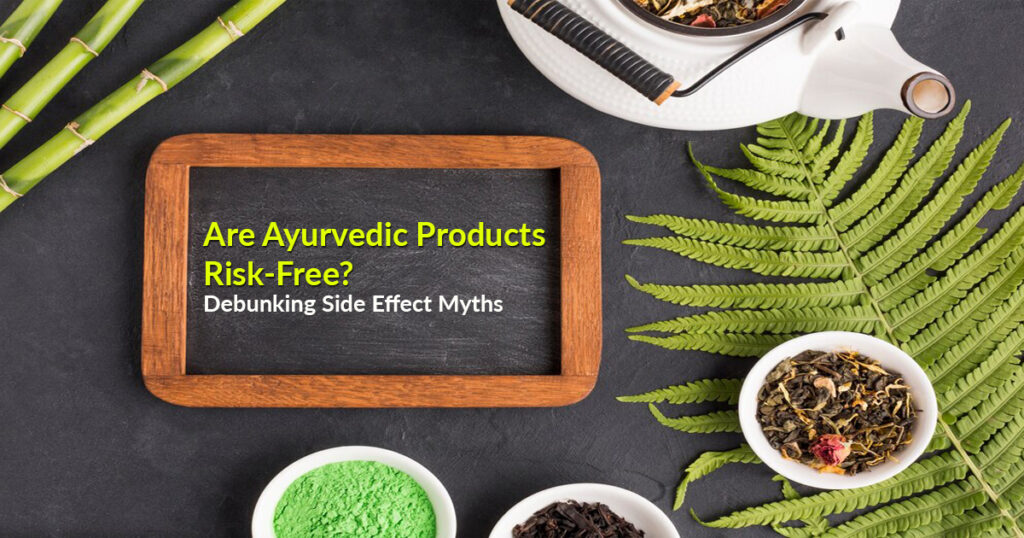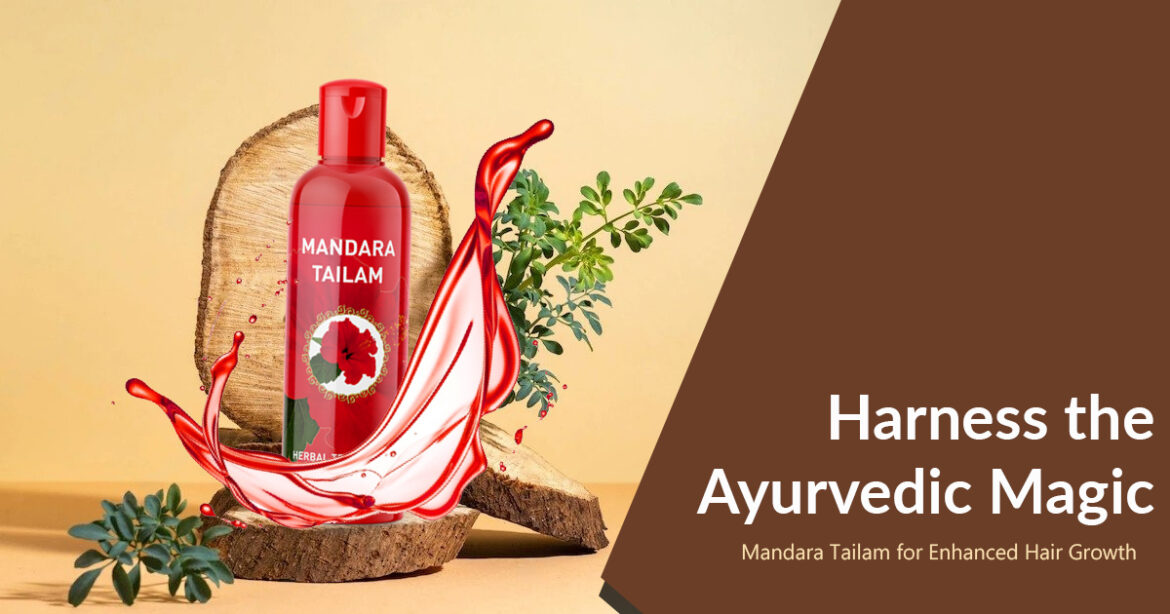Tag: #herbal
Protect and Hydrate: How Moisturizers Shield Your Skin in Winter

Winter can be harsh on our skin, causing dryness, flakiness, and discomfort. But fear not, because moisturizers come to the rescue! These skincare superheroes are designed to protect and hydrate, ensuring our skin stays healthy and nourished even in the coldest months.
Moisturizers create a protective barrier on the skin’s surface, sealing in moisture and preventing it from escaping. This is crucial during winter when the cold, dry air strips away our skin’s natural oils. By replenishing moisture and reinforcing the skin’s barrier, moisturizers help combat dryness and maintain optimal hydration levels.
One key benefit of moisturizers is their ability to soothe and relieve dry, irritated skin. They contain ingredients like hyaluronic acid, glycerin, and ceramides that attract and retain moisture, providing immediate relief to tight and uncomfortable skin. The rich, emollient textures of winter moisturizers provide an added layer of comfort, enveloping the skin in a cocoon of nourishment.
Moisturizers also play a vital role in preventing moisture loss, which can lead to premature aging. The cold weather and indoor heating systems can strip the skin of its natural moisture, making it more prone to fine lines, wrinkles, and dullness. By keeping the skin hydrated and supple, moisturizers help maintain its youthful appearance and promote a radiant glow.
Moreover, moisturizers can offer additional benefits tailored to specific skin concerns. Some contain antioxidants to combat free radicals and environmental damage, while others feature ingredients like vitamin C or retinol for brightening and anti-aging effects. Whatever your skincare needs, there is a moisturizer out there to address them.
So, this winter, make sure to incorporate a quality moisturizer into your skincare routine. Protect and hydrate your skin, and embrace the season with a radiant and healthy complexion. Remember, a little hydration goes a long way in keeping your skin happy and glowing all winter long.
In conclusion, moisturizers act as a shield, protecting and hydrating our skin during the harsh winter months. Embracing these skincare superheroes ensures a radiant and healthy complexion throughout the season.
Are Ayurvedic Products Risk-Free? Debunking Side Effect Myths

Ayurvedic products are based on traditional Indian medicine and are made with natural ingredients such as herbs, roots, and minerals. Many people believe that because these products are natural, they do not have any side effects. However, it’s important to keep in mind that just because a product is natural, it does not mean it is automatically safe for everyone to use.
While Ayurvedic products are generally considered safe to use, some people may still experience allergic reactions or other side effects. Additionally, some Ayurvedic products may interact with other medications or supplements that you are taking, so it is important to consult a qualified Ayurvedic practitioner or a doctor before using any Ayurvedic products, especially if you have a pre-existing medical condition.
It’s also worth noting that not all Ayurvedic products are created equal, quality and purity of the ingredients used in the products may vary, so it’s always best to choose the products from reputed brands and Ayurvedic practitioners to avoid any side effects.
In conclusion, Ayurvedic products are generally considered safe to use, but it’s important to be aware of any potential side effects and to consult a qualified Ayurvedic practitioner or a doctor before using them, especially if you have a pre-existing medical condition.
Harness the Ayurvedic Magic: Mandara Tailam for Enhanced Hair Growth
Mandara Tailam is an Ayurvedic oil that is traditionally used for promoting hair growth and improving the overall health of the hair and scalp.
According to Ayurveda, the oil is believed to nourish the hair follicles and scalp, which can lead to stronger, thicker, and more abundant hair growth. The oil is also believed to improve blood circulation in the scalp, which can help to promote the growth of new hair.
Mandara Tailam is prepared by infusing various Ayurvedic herbs and oils such as Sesame oil, Coconut oil, and various herbs like Amla, Bhringraj, Shankhapushpi, and Licorice root, to mention a few, which are known for their hair nourishing properties. These herbs are believed to have properties that can strengthen the hair, prevent hair fall, and promote hair growth.
It’s worth noting that the usage of Mandara tailam is not backed by any scientific research and Ayurvedic treatments can vary based on the practitioner, so it is always best to consult with an Ayurvedic practitioner before using this oil.
In conclusion, Mandara Tailam is an Ayurvedic oil that is traditionally used for promoting hair growth and improving the overall health of the hair and scalp. It is believed to nourish the hair follicles and scalp and improve blood circulation which can lead to stronger, thicker, and more abundant hair growth. However, more scientific research is needed to confirm the effectiveness of this oil.
What is SPF and how much do you need?

SPF stands for sun protection factor and it is a measure of how well a sunscreen will protect your skin from the sun’s ultraviolet (UV) radiation. Specifically, it measures the amount of time it takes for UVB rays to redden skin when using the sunscreen as compared to how long it would take without using it.
It’s important to use sunscreen with at least SPF 30 to protect your skin from sun damage. It’s recommended to use a sunscreen with broad-spectrum protection, which means it protects against both UVA and UVB rays.
The amount of sunscreen you need to use will depend on the size of your body and the area of your skin that is exposed. The American Academy of Dermatology recommends using an ounce (around a shot glass full) of sunscreen to cover your entire body. This means if you are using a sunscreen with SPF 30, it would take 30 times longer for your skin to burn than if you were not wearing any sunscreen at all.
It’s important to note that sunscreen should be reapplied every two hours, or more often if you are sweating or swimming. Also, it’s essential to keep in mind that sunscreen should be just one part of your sun protection routine, it’s also important to seek shade, wear protective clothing, and avoid the sun during peak hours.
Know the difference between Herbal, Ayurvedic, Natural and Organic Products.
When it comes to skincare and wellness products, there are a lot of terms that are thrown around that can be confusing. Two of the most commonly used terms are “herbal” and “natural”, but they are not always interchangeable. In this blog post, we will break down the differences between herbal, Ayurvedic, natural, and organic products so you can make informed choices when purchasing these types of products.
Herbal products are those that are made from plants or plant-based materials. This can include things like herbs, flowers, roots, and leaves. Herbal products can be used for a variety of purposes, including skincare, wellness, and medicine. Herbal products can be used in a variety of forms, such as teas, tinctures, capsules, and creams.
Ayurvedic products are traditional medicine systems from India. Ayurveda is the science of life, based on the belief that health and wellness depend on a delicate balance between the mind, body, and spirit. Ayurvedic products are made from natural ingredients and are often used to promote balance in the body and mind. Ayurvedic products can include things like herbs, oils, and spices.
Natural products are those that are made from materials that are found in nature. This can include things like fruits, vegetables, and minerals. Natural products can be used for a variety of purposes, including skincare, wellness, and medicine. Natural products can be used in a variety of forms, such as creams, lotions, and supplements.
Organic products are those that are made from materials that are grown without the use of synthetic pesticides, fertilizers, or other chemicals. Organic products can include things like fruits, vegetables, and herbs. Organic products can be used for a variety of purposes, including skincare, wellness, and medicine. Organic products can be used in a variety of forms, such as creams, lotions, and supplements.
In summary, herbal products are made from plants or plant-based materials, Ayurvedic products are traditional medicine systems from India, natural products are those that are made from materials that are found in nature, and organic products are those that are made from materials that are grown without the use of synthetic pesticides, fertilizers, or other chemicals. When choosing products, it is important to be aware of the ingredients and how they were sourced so you can make informed decisions about what you’re putting on your skin and in your body.






